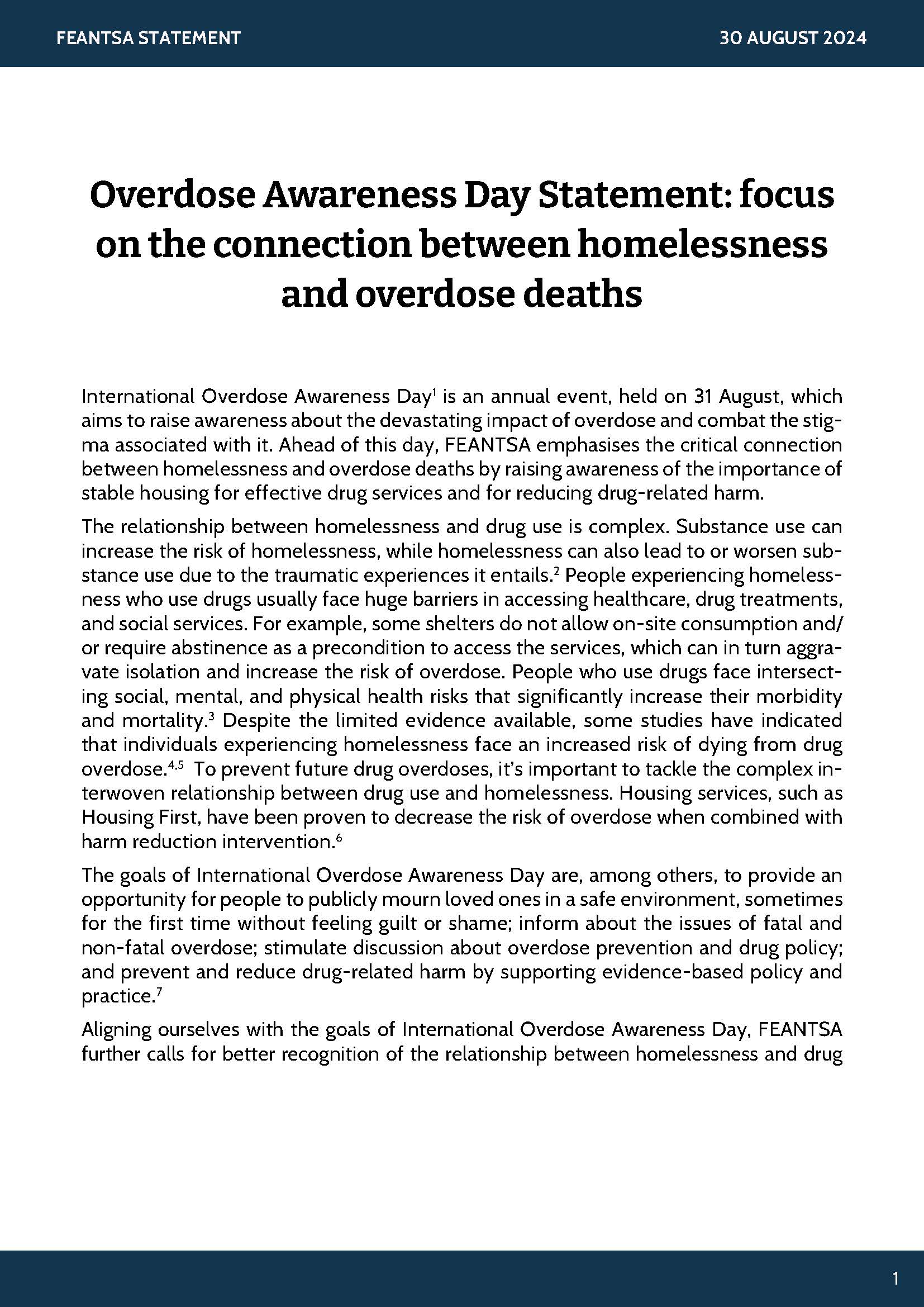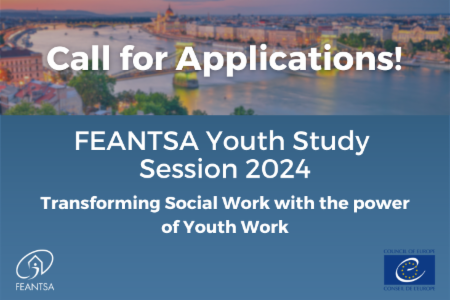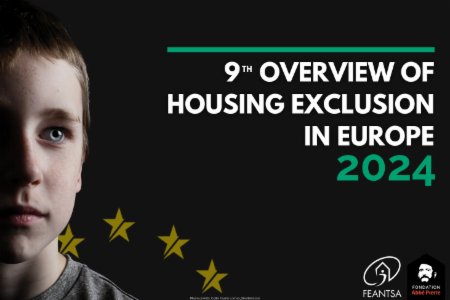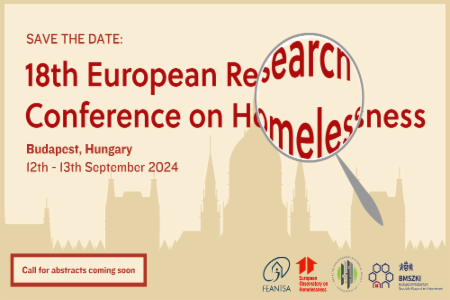Overdose Awareness Day Statement: focus on the connection between homelessness and overdose deaths
30 August 2024
Download the full statement [PDF]
International Overdose Awareness Day[i] is an annual event, held on 31 August, which aims to raise awareness about the devastating impact of overdose and combat the stigma associated with it. On this day, FEANTSA emphasises the critical connection between homelessness and overdose deaths by raising awareness of the importance of stable housing for effective drug services and for reducing drug-related harm.
The relationship between homelessness and drug use is complex. Substance use can increase the risk of homelessness, while homelessness can also lead to or worsen substance use due to the traumatic experiences it entails.[ii] People experiencing homelessness who use drugs usually face huge barriers in accessing healthcare, drug treatments, and social services. For example, some shelters do not allow on-site consumption and/or require abstinence as a precondition to access the services, which can in turn aggravate isolation and increase the risk of overdose. People who use drugs face intersecting social, mental, and physical health risks that significantly increase their morbidity and mortality.[iii] Despite the limited evidence available, some studies have indicated that individuals experiencing homelessness face an increased risk of dying from drug overdose.[iv],[v] To prevent future drug overdoses, it's important to tackle the complex interwoven relationship between drug use and homelessness. Housing services, such as Housing First, have been proven to decrease the risk of overdose when combined with harm reduction intervention.[vi]
The goals of International Overdose Awareness Day are, among others, to provide an opportunity for people to publicly mourn loved ones in a safe environment, sometimes for the first time without feeling guilt or shame; inform about the issues of fatal and non-fatal overdose; stimulate discussion about overdose prevention and drug policy; and prevent and reduce drug-related harm by supporting evidence-based policy and practice.[vii]
Aligning ourselves with the goals of International Overdose Awareness Day, FEANTSA further calls for better recognition of the relationship between homelessness and drug overdose. European policies and the EU Member States should address the urgent need to strengthen support for people in situation of homelessness who use drugs by implementing targeted measures, for which we put forward the following recommendations:
- Address stigma and discrimination against people who use drugs and those experiencing homelessness, as a main barrier to access to treatment and healthcare in general.
- Expand overdose prevention strategies for people experiencing homelessness who use drugs, including Drug Consumption Rooms and Naloxone Distribution, to avoid fatal outcomes.
- Implement Harm Reduction and Outreach Services, such as Opioid Agonist Treatments, Drug Checking Services, and Safer Supply Programs, to reduce the risk of overdose occurring.
- Invest in flexible, co-produced support services, with an integrative and Harm Reduction approach to address homelessness and drug use.
- Address the root cause of homelessness, which is lack of affordable housing.
- Conduct more research on the intersection between homelessness and drug-related deaths to further improving prevention and Harm Reduction strategies.
#TogetherWeCan #EndOverdose #IOAD2024 #endhomelessness
https://www.overdoseday.com/campaign-resources/
ENDNOTES
[i] Overdose Prevention (2024). International Overdose Awareness Day. https://www.overdoseday.com/overdose-prevention/
[ii] FEANTSA (2017). Good practice guidance for working with people who are homeless and use drugs. https://www.feantsa.org/download/feantsa_drugservices6378371585620331663.pdf
[iii] European Monitoring Centre for Drugs and Drug Addiction (2022), Homelessness and drugs: health and social responses, https://www.euda.europa.eu/publications/mini-guides/homelessness-and-drugs-health-and-social-responses_en#section1
[iv] Yamamoto A, Needleman J, Gelberg L, Kominski G, Shoptaw S, Tsugawa Y.(2019) Association between homelessness and opioid overdose and opioid-related hospital admissions/emergency department visits. Soc Sci Med.Doi: 10.1016/j.socscimed.2019.112585.
[v] Fine, D. R., Dickins, K. A., Adams, L. D., De Las Nueces, D., Weinstock, K., Wright, J., Gaeta, J. M., & Baggett, T. P. (2022). Drug Overdose Mortality Among People Experiencing Homelessness, 2003 to 2018. JAMA network open, 5(1), e2142676. https://doi.org/10.1001/jamanetworkopen.2021.4267
[vi] Ivsins, A., MacKinnon, L., Bowles, J. M., Slaunwhite, A., & Bardwell, G. (2022). Overdose Prevention and Housing: A Qualitative Study Examining Drug Use, Overdose Risk, and Access to Safer Supply in Permanent Supportive Housing in Vancouver, Canada. Journal of urban health : bulletin of the New York Academy of Medicine, 99(5), 855–864. https://doi.org/10.1007/s11524-022-00679-7
About the Campaign (2024). International Overdose Awareness Day.https://www.overdoseday.com/about-the-campaign/





